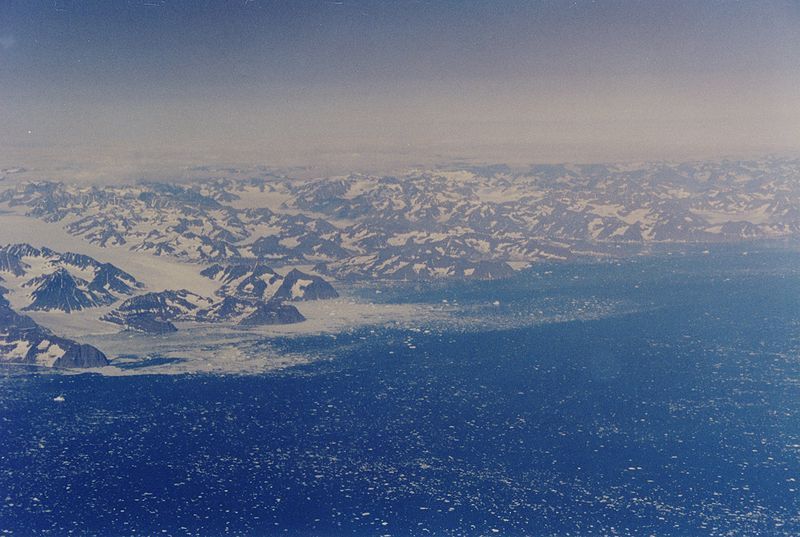Extreme melting seen in Greenland due to feedbacks
It seems record warm years will no longer be required to cause significant melting in the Greenland glaciers.

It seems record warm years will no longer be required to cause significant melting in the Greenland glaciers. Moderate summers combined with a feedback effect will cause more melting says Dr. Marco Tedesco, assistant professor in the Department of Earth and Atmospheric Sciences at The City College of New York.
"We are finding that even if you don't have record-breaking highs, as long as warm temperatures persist you can get record-breaking melting because of positive feedback mechanisms,” he says.
Tedesco’s team spent four weeks this summer collecting data for his analysis in Western Greenland. They combined their ground data with microwave satellite data and a model of the ice sheet to reveal an almost record loss of ice and snow during 2011, despite this year being less warm than the record 2010 season.
The record loss is largely down to albedo says Tedesco. The larger volume of dark ice after a record year like 2010 will lower albedo and warm the surface faster, causing greater melting. This feedback is a vicious circle and Tedesco describes it like a steam train. Years after high melting are like a downhill stretch of track; the boiler has already been stoked with coal (high temperatures) and does not need the same amount of heat to get down the hill at the same speed. New snow is the only way the process is halted. Unfortunately, new snow is no longer completely halting this process as it cannot compensate for the huge losses in previous years.
The next step is to understand how this process develops over the coming years and just how widespread it will be. Melting ice from Greenland glaciers, unlike the artic ice sheet, contributes to rising sea levels.




